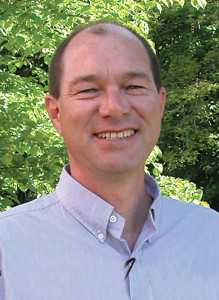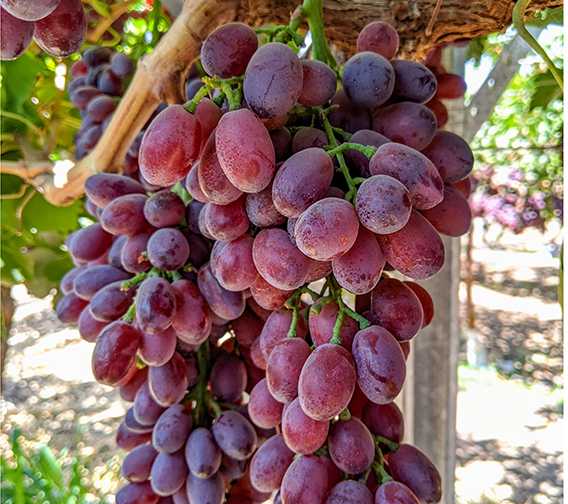Chemicals Aren’t Scary [Opinion]
 Year in and year out, one of the best-read features we post on our website, GrowingProduce.com, is a story about the annual release of the Environmental Working Group’s (EWG) Dirty Dozen list of the fruits and vegetables that allegedly have the most pesticide residues.
Year in and year out, one of the best-read features we post on our website, GrowingProduce.com, is a story about the annual release of the Environmental Working Group’s (EWG) Dirty Dozen list of the fruits and vegetables that allegedly have the most pesticide residues.
In our story we make sure to highlight the efforts of produce industry groups who quite rightly skewer the list for fear that it will cause people to eat fewer of the fruits and vegetables it is demonizing. That would be a darn shame, and even the EWG concedes that a diet rich in fruits and vegetables — even conventionally farmed ones using pesticides — is far healthier than a diet without produce. Saying any differently would be contradicting your Mom, and not even the folks at EWG are that stupid.
But that doesn’t take away the fact that, in general, chemicals scare people. Especially the idea of ingesting them. I mean, if you asked the average person what causes cancer, what would they say? Chemicals. People are afraid of them.
If you don’t believe me, ask a friend if he or she would want to ingest a food that contained the following: hydroxylinalool, terpinyl acetate, benzaldehyde, ethyl-3-methylbutanoate and 2-methyl butyraldehyde. They’d look at you like you were nuts. But what they don’t know is that all you were offering them was a … blueberry. Those are the components of an all-natural blueberry, according to a high school chemistry teacher in Australia, James Kennedy.
Kennedy created posters showing the compounds in fruits and other natural foods to illustrate that chemicals are an unremarkable part of life. You can find them online here.
Kennedy told The New York Times’ Andrew Revkin: “I made these posters for my students as a visual introduction to our organic chemistry course. I want to erode the fear that many people have of ‘chemicals,’ and demonstrate that nature evolves compounds, mechanisms and structures far more complicated and unpredictable than anything we can produce in the lab.”
Revkin deserves credit for going on to quote from a 1990 paper published in the journal Mutation Research and titled “Paracelsus To Parascience: The Environmental Cancer Distraction.” It was written by two University of California-Berkeley researchers, Bruce N. Ames and Lois Swirsky Gold:
“About 99.9% of the chemicals humans ingest are natural. The amounts of synthetic pesticide residues in plant foods are insignificant compared to the amount of natural pesticides produced by plants themselves. Of all dietary pesticides that humans eat, 99.99% are natural: they are chemicals produced by plants to defend themselves against fungi, insects, and other animal predators.”
Download the blueberry poster and present it, along with the quote above, to your own local high school’s chemistry teacher. You can help make the world less scary for some impressionable teens. And maybe, just maybe, in the future anti-pesticide groups like EWG will become less strident in their criticism of conventionally farmed produce. Hey, a guy can dream, can’t he?










